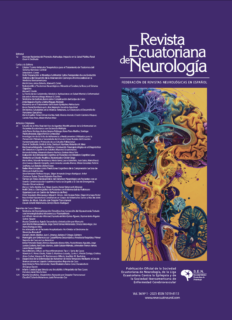Introduction: Medical students are a group of concern in the face of COVID-19, as social distancing measures may affect their anxiety and be vulnerable to the emotional impact, since the profession is part of the first line of care in the face of this pandemic.
Objective: To describe the prevalence and predictors of anxiety caused by the COVID-19 pandemic in university medical students from Morelos, Mexico.
Method: Cross-sectional descriptive observational study using an online questionnaire, with Sociodemographic Characterization, Generalized Anxiety Disorder-7 (GAD-7), Passion for Study, Self Compassion Scale (SCS), Connor-Davidson Resilience Scale (CDRISC), Life Satisfaction and Demoralization Scale (DS).
Results: In a sample of 292 medical students, women (62.8%), older than 21 years (66.9%), 72.7% reported anxiety and 65.5% sleep problems. The multiple regression model shows that dysphoria is the variable that reports the greatest predictive capacity of importance with 34.8%, followed by having trouble sleeping with 24.4%, discouragement 22.4%, over-identification 13.9% and concern about getting infected 4.5%.
Conclusions: Concern and uncertainty in the hospital environments where medical students are prepared and trained increase the risk of anxiety, due to the perception of adverse conditions and frustration as part of their profession.





